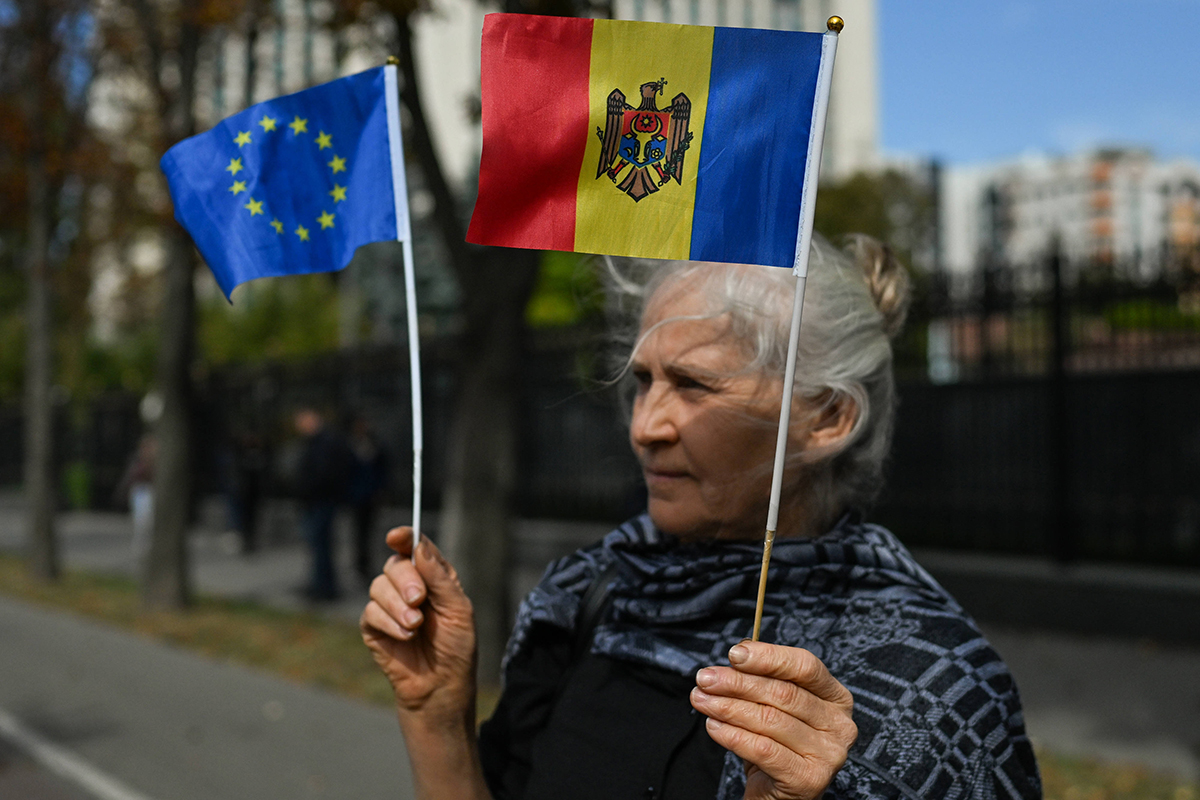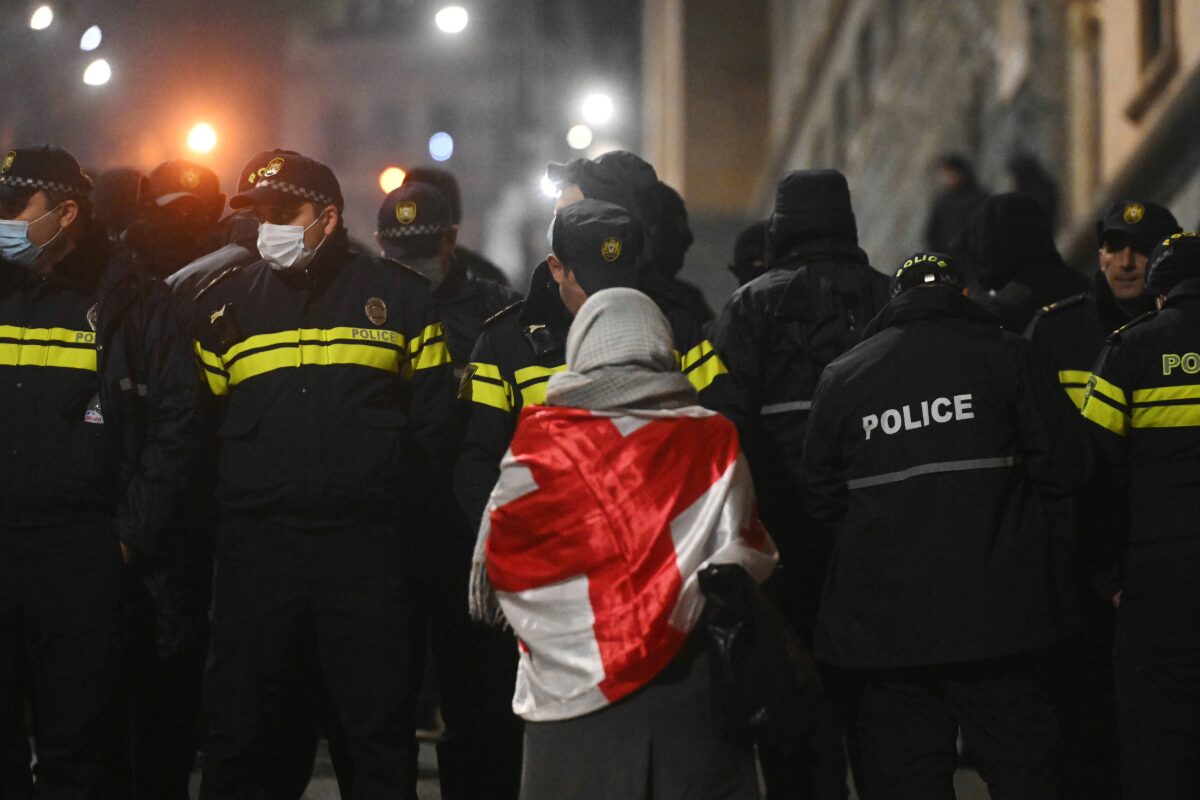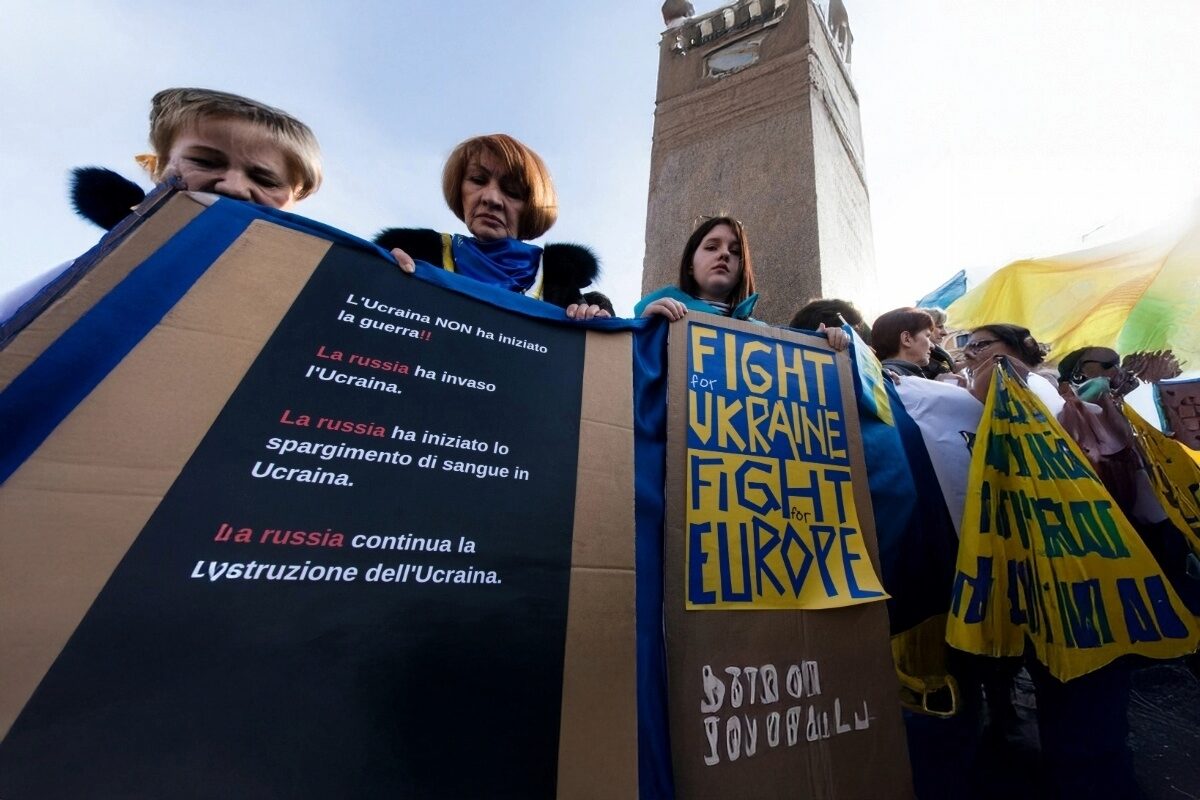“Trump’s latest remarks on NATO spark concerns in Asia too”

Donald Trump’s recent invitation to Russia to attack European allies shook NATO countries. How was this received in Asia? Security expert Chen-Yi Tu in an interview from Taiwan about reactions and the potential impact on security and alliances in Asia.
Mrs Tu, Donald Trump shocked NATO countries with his invitation to Russia to attack allies in Europe. Were there any shock waves in Asia too?
Trump’s latest remarks on NATO spark concerns and apprehensions in the region too, recalling his request to increase defense spending during his presidency in countries like Japan and Korea.
When you look into the broader region, countries from India to Australia have fortified their military alliances in the recent years, because of China’s increasing belligerence. How do you think Trump’s statement was received in Beijing?
Beijing has yet to respond directly to Trump’s statement. It should be noted that the news broke-out during Lunar New Year, when the Chinese media tend to focus on the new year celebration throughout Mainland China and overseas Chinese communities. However, Foreign Minister Wang Yi still took the opportunity to present China as a more stable, reliable security partner than the U.S. during his recent visit to Europe.
Manila has felt more heat from Beijing in the last couple of weeks. Under the Biden-presidency the country secured a broader US-military engagement on the Philippines. What would a withdrawal of Trump from the Philippines mean for the most Western tip of the Pacific. Would China eventually succeed and occupy what it calls the South China Sea?
While it is clear that China asserts its maritime claims on the South China Sea, there are many uncertainties for the prospect of the South China Sea with various parties involved. Although the previous Trump administration did withdraw from the Trans-Pacific Partnership, it also rejected nearly all Beijing’s maritime claims in the South China Sea. It is too early to tell from now.
Taiwan is a vital part of the first island chain that is designed to keep the war hungry Chinese dictator Xi Jinping at bay. If Taiwan falls this would have significant repercussion for the security in Asia and global trade. Unlike Joe Biden, Donald Trump said he might not defend the island nation. How will the incoming administration view a potential return of Donald Trump to the White House?
I would say the incoming administration, which is the unprecedented third term of Democratic Progressive Party (DPP), has started the government transition process and prepared for all possible outcomes in this election year. This has been the reality in the U.S.-Taiwan relations. The most important thing is respecting the democratic process of Taiwan’s allies and like-minded partners.
The Taiwanese army has substantially increased its ability to rebuke a Chinese attack in the last few years. Could it count on the support of other regional players such as Japan and Australia in case of an invasion attempt?
As an island, Taiwan’s military strategy is build-upon the fact that Taiwan has to defend itself. Taiwan would welcome all possible support and assistance from the allies and like-minded partners, but this does not fundamentally change the fact and aim of capability-building.
Beijing has claimed that the United States would seek to form an “Asian NATO”. In reality Washington entertains a lot of alliances with single countries in Asia such as Vietnam and selected smaller groups such as the QUAD or the AUKUS partnership, that come not close to the article 5 commitment of the NATO charter. Would the creation of such an Asian NATO be in the interest of Asian nation and ultimately deter Beijing?
Compared with NATO, Asian nations generally do not show strong solidarity in addressing security challenges due to differences and political reality. Even a NATO-like treaty alliance may still have a long way to go, Beijing is wary of all kinds of connections-building within and beyond regions- as long as Beijing is not one of the parties involved.
Dr. Chen-Yi (Crystal) Tu is an Assistant Research Fellow at the Division of Cybersecurity and Decision Making Simulation at the Institute for National Defense and Security Research (INDSR) in Taiwan. Her research focuses on information operations, strategy, emerging technology, and their implications in geopolitical competition. She is one of the first Inaugural Group of McCain Fellows for Freedom by International Republican Institute, U.S. Prior to joining INDSR, Dr. Tu worked in consultancy on data science and data-driven decision-making for both public and private sectors in Taiwan.
![]()
Did you like this article? If yes, you can support the independent editorial work and journalism of LibMod via a simple donation tool.
Donate via PayPal
![]()
We are recognized as a non-profit organization, accordingly donations are tax deductible. For a donation receipt (necessary for an amount over 200 EUR), please send your address data to finanzen@libmod.de
Related topics
order Newsletter
Stay tuned with our regular newsletter about all our relevant subjects.





